A charity has launched an app to show carers ways to help people living with dementia make the most of their lives.
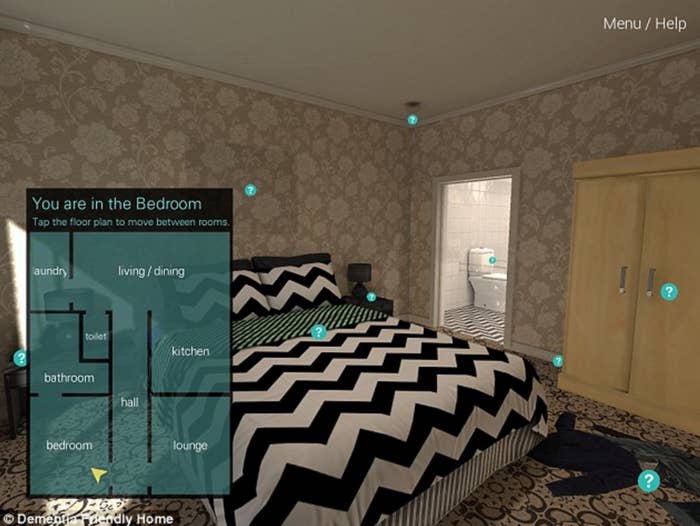
The Dementia-Friendly Home app, launched on Wednesday by Alzheimer's Australia, allows carers to travel around a virtual house, exploring different ways each room can be made more accessible for people living with the condition.
There are around 850,000 people living with dementia in the UK, according to the latest Alzheimer's Society estimates.
The report also suggests that a third of people over the age of 65 will go on to develop dementia. And two thirds of people who develop the disorder are women.
The Dementia-Friendly Home app suggests a variety of small, inexpensive changes that could help people living with dementia maintain their independence, build their self-esteem, and stay in their own house as opposed to going into a care home.
For example, patterned carpets, wallpapers, and bed covers can be distressing and confusing for some people with dementia, so plain decor is recommended.
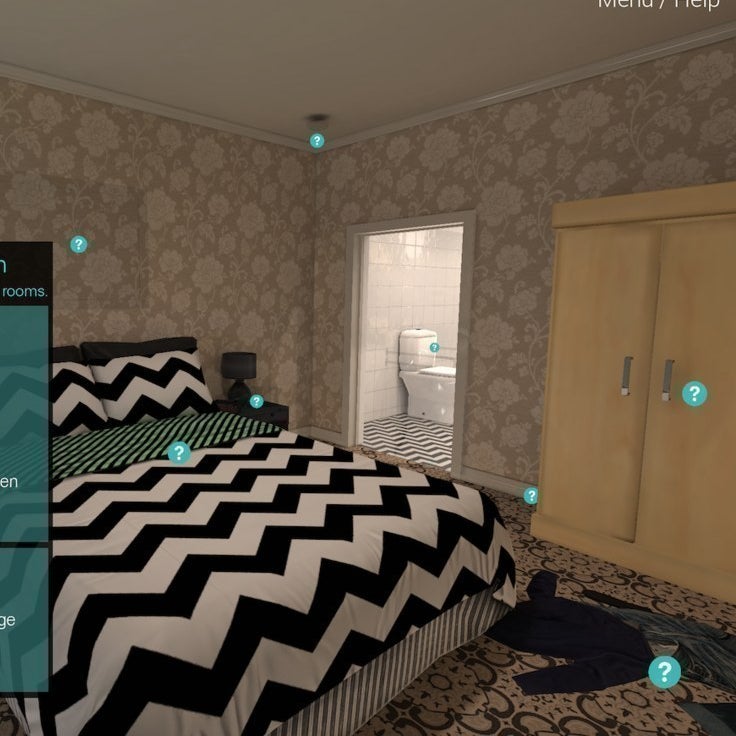
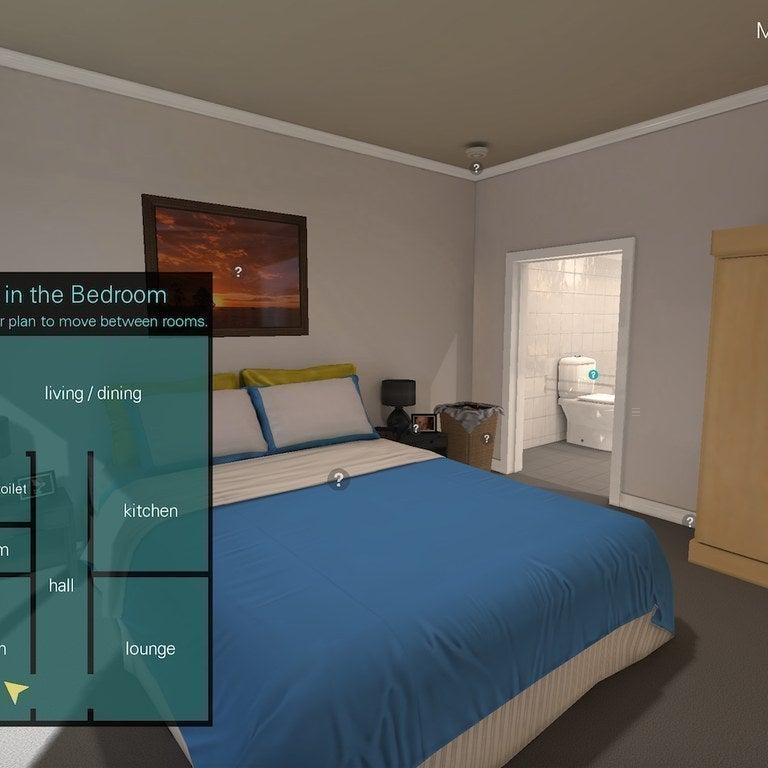
It happens because "there is a breakdown between the information that is coming from the eyes and then into the brain", Chris Russell, a course leader for a foundation degree in dementia studies at the University of Worcester told BuzzFeed News.
In other words, their eyesight is fine, but the way the person's brain is processing what is being seen has changed, which could cause distress. "For example, for some people a dark mat on a white floor might be interpreted as a hole in the ground," Russell added.
The app suggests making sure toilet seats are a contrasting colour to the rest of the other bathroom surfaces, as in some cases those living with dementia struggle to recognise objects such as toilet seats.
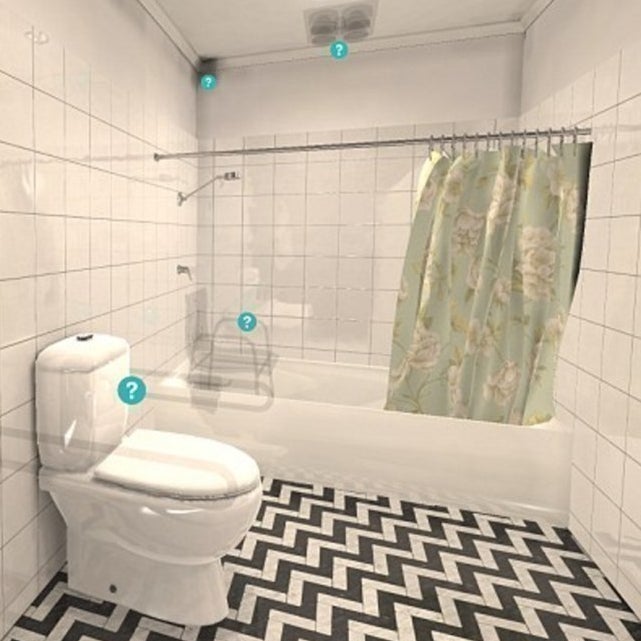
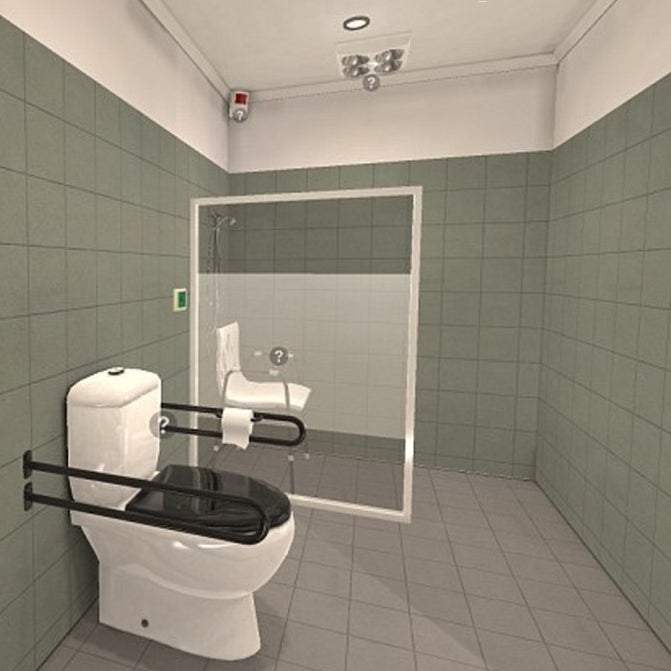
Russell said that contrasting colours can be useful, especially for people who have difficulty with sensory processes, one of the many symptoms of the disorder.
"For example, at mealtimes having plates that are a different colour to the tablecloth can be helpful," he said. "This is because some people will not be making as much sense of what they're seeing as they would've done in the past. It's enabling people to have as much clarity as possible in terms of their vision."
The app also recommends installing safety devices in kitchens, such as an induction stovetop that can be touched immediately after removing a hot pot or pan.
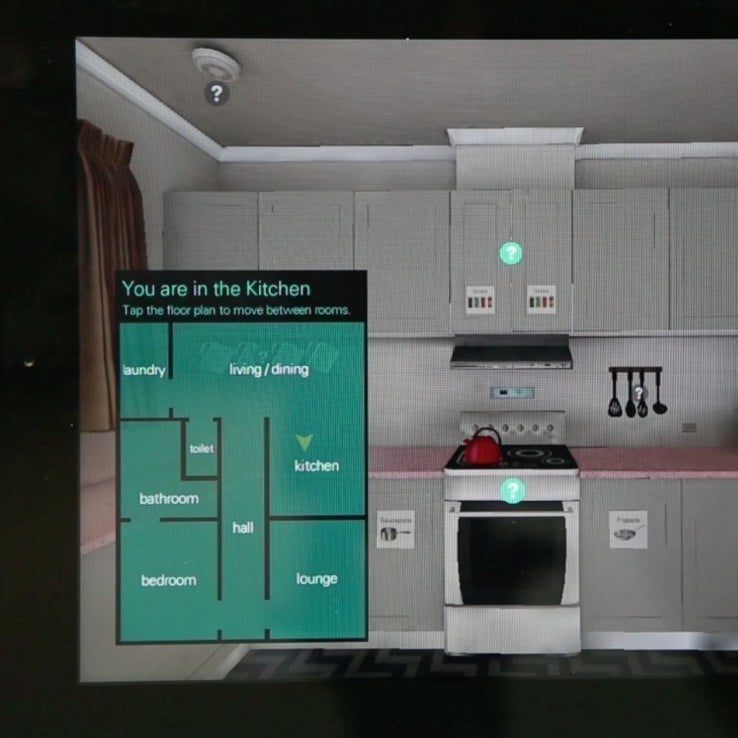

Understandably, carers for people with dementia will often be worried about hazards in the kitchen and therefore concerned for the person's safety. However, Russell said that making helpful adjustments rather than imposing restrictions is very important.
"It's absolutely not a standard rule that once somebody has dementia they should stop cooking. One of the worst things you can do is take away the person's ability to still do things that they enjoy," he said.
"It's about getting to know the person, working out what they can do and what they're going to struggle with, and then making adjustments to try to enable them to carry on doing as much as they can do safely," he added.
The app recommends displaying personal photographs around the house in order to help memory stimulation.
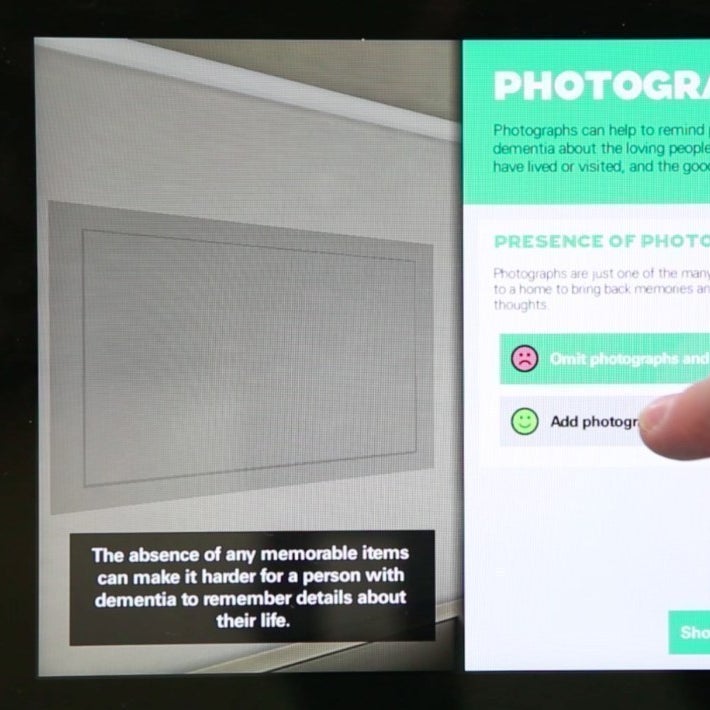

Again, while photographs might be comforting for some people, Russell suggested that suddenly introducing photographs around the house of someone who is not used to that might not be the best idea. "In terms of environment it's about understanding what enables somebody to feel relaxed and calm," he said.
The app includes a number of other suggestions including having removable mirrors around the house. This is because some people living with dementia can mistake their reflection for other people, such as strangers, or even figures from the past, which can be upsetting.
"Because of the nature of dementia and the way the brain is affecting how they perceive the world, people do misinterpret who is in the mirror. However, for some people mirrors are no problem at all," Russell added.
Although Russell believes the app makes valid and useful suggestions, he said that it is important for carers to understand that "there is no one-size-fits-all".
"You've got to get to know the person and you've got to understand what's actually affecting them so that you can make the right choices," he said.
Dr Tanya Petrovich, who worked on the app, told BuzzFeed News that the response so far has been positive.
"People tell us that they find the app really easy to use and they like the fact that you just have to tap on the question mark icons in each room and the suggestions pop up," she said.
Petrovich said the idea to create an app was inspired by a visual display of a dementia-friendly care home made by a team of researchers at Stirling University in Scotland.
"We then approached Raj Vasa and Rohan Liston from the Deakin Software and Technology Innovation Laboratory at Deakin University to create the virtual and interactive home for us," she said.
On display at Stirling University's Dementia Services Development Centre there is a functioning kitchen, bathroom, bedroom, and lounge to demonstrate dementia-friendly design principles.
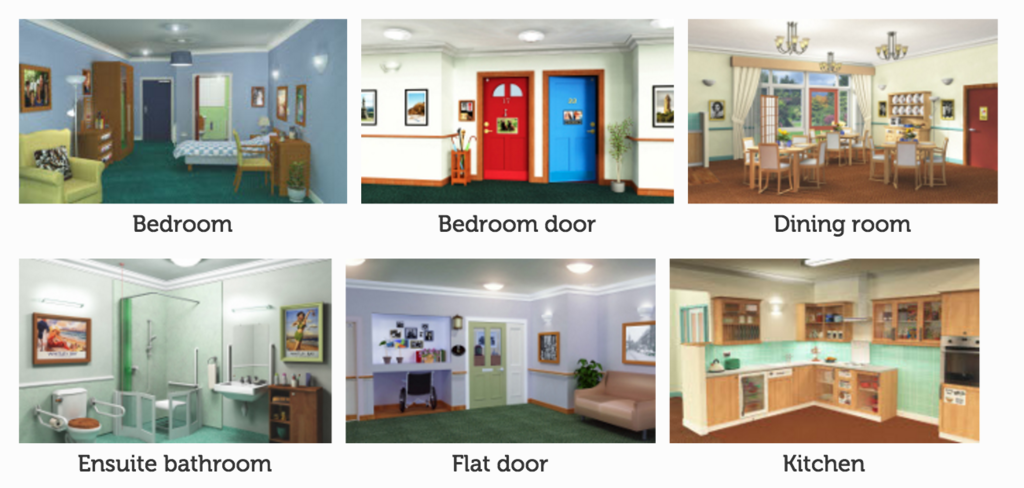
Shirley Law, who works at the university, told BuzzFeed News that "people with dementia need well designed buildings that do not cause them unnecessary disability".
However, Law also said that it's important to acknowledge that everyone is different, in terms of age, degrees of impairment, and life experiences, for example. "People with dementia should be enabled, not disabled," she said.
